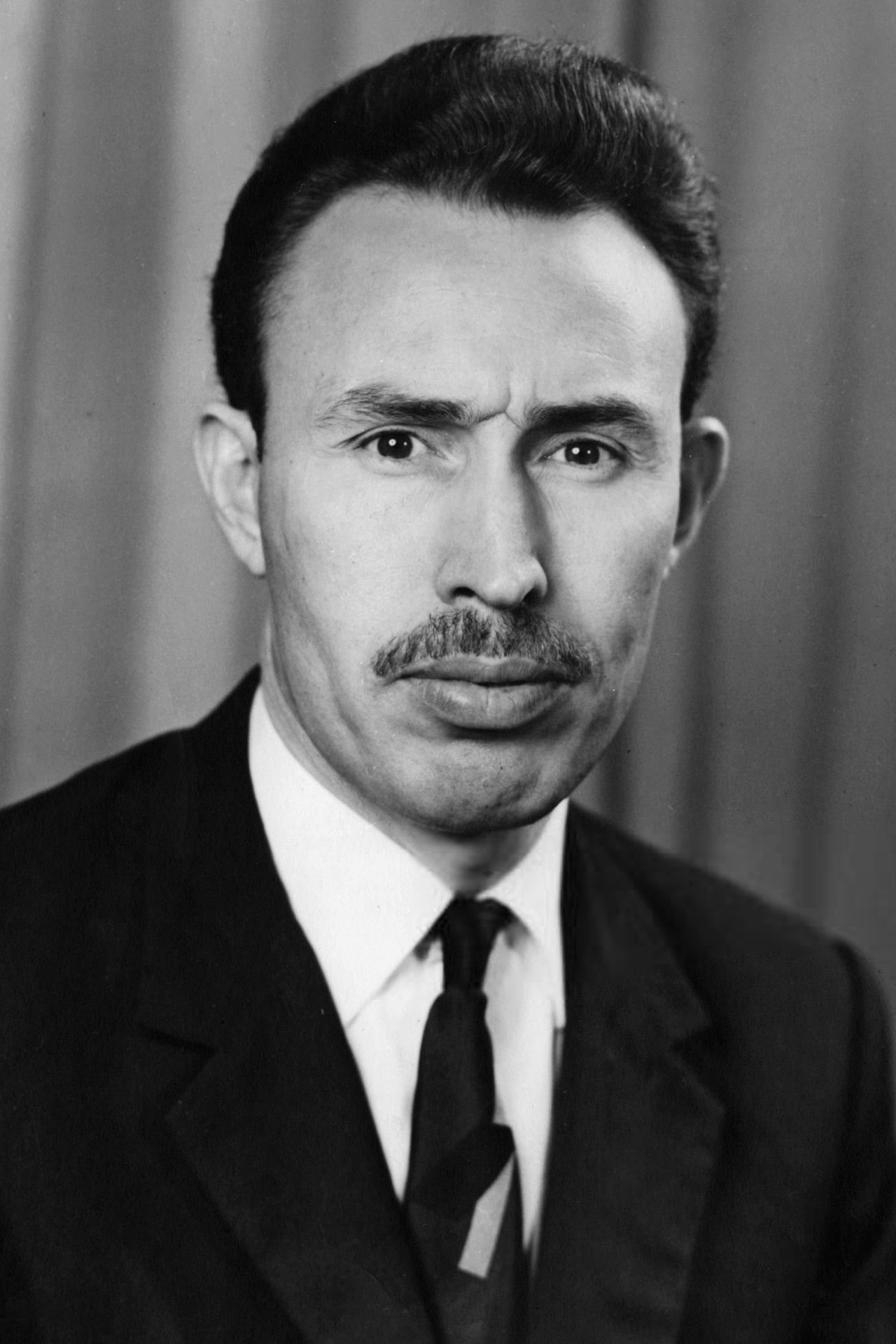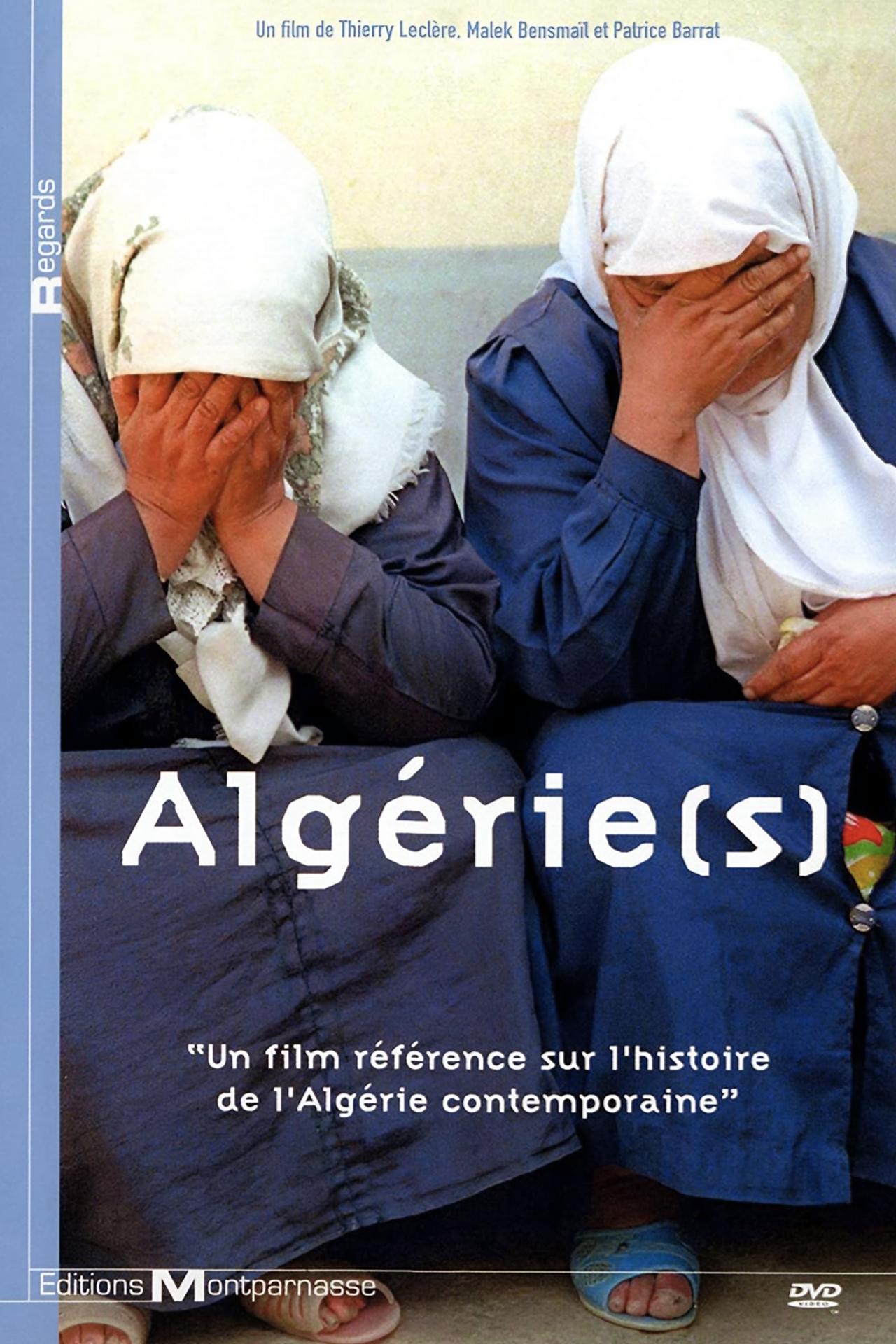

Documentary series in two parts: 1. A people without a voice (80'), 2. A land in mourning (78'). Part 1: A people without a voice: October 88, the Algerian Republic is faltering, the film goes back to the sources of this tragedy and explains how the face to face between the Islamists and those in power began. The interruption of the legislative elections of December 91, followed shortly after the assassination of President Boudiaf in June 92, plunged Algeria into chaos. Part 2: A land in mourning: the cycle of violence that leads to massacres and the economic and geopolitical underside of the war. More than 100,000 deaths, an incredible degree of barbarity, massacres, apparently incomprehensible... Behind the official window of power and its artificial political scene, hides a shadow power.
Mohamed Boukherouba (in Arabic: محمد بوخروبة), known as Houari Boumédiène (in Arabic: هواري بومدين), born August 23, 1932 in Aïn Hassainia located near Guelma and died December 27, 1978 in Algiers, is a colonel and an Algerian statesman. He was the second Algerian head of state from 1965 to 1976 and then President of the Republic from 1976 to 1978. A career soldier, Chief of the General Staff of the National Liberation Army from 1959 to 1962, he held high state positions, including being Minister of Defense under Ben Bella I in September 1962, a position he combined with that of Vice-President of the Council during the presidency of Ahmed Ben Bella from May 1963 to June 1965. Following a coup d'état described by his supporters as a "revolutionary readjustment", Houari Boumédiène became President of the Council of the Revolution on June 20, 1965, until December 10, 1976, when he was elected President of the Republic, until his death on December 27, 1978, while keeping his portfolio as Minister of Defense. He was president of the National Liberation Front from the coup d'état and during his term as President of the Republic. After independence, Algeria experienced significant economic development, particularly thanks to oil revenues, and social development mainly under his government. Between 1962 and 1982, the Algerian population increased from 10 to 20 million people and, massively rural before independence, was 45% urbanized. The annual income per capita, due to inequalities in social classes, which did not exceed 2,000 francs in 1962, exceeded 11,000 francs twenty years later, while the school enrollment rate fluctuated from 75 to 95% depending on the region, far from the 10% of French Algeria. However, he maintained a single-party regime and the priority given to industrial development to the detriment of agriculture. He was Secretary General of the Non-Aligned Movement from September 1973 to August 1976. In his honour, Algiers airport is named after him: Algiers - Houari-Boumédiène airport, as well as his birthplace.
By browsing this website, you accept our cookies policy.